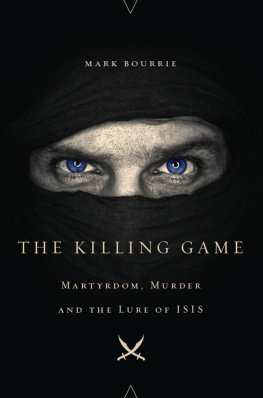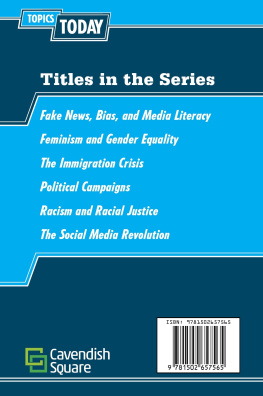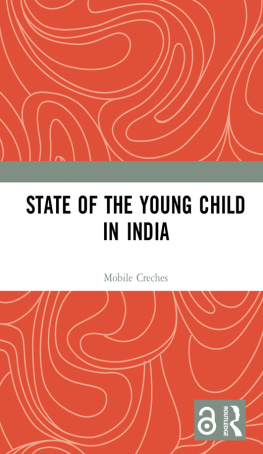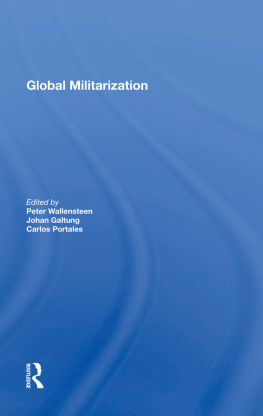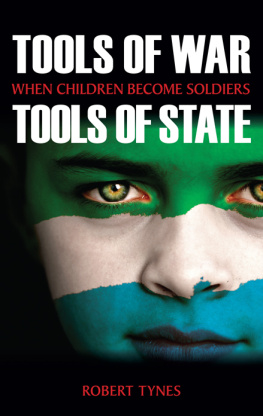Drumbeat
As the twenty-first century unfolds society is confronted with the normalization of warfare and political violence and their growing allure for the young. Current global political events highlight the extent to which young people have become the target of both State and non-State actors in the prosecution of war and terror. The conduct of what we can refer to as social war has increasingly come to target the young through media (social media, the internet and video games) and more directly through acts of violence (the massacre of children, the reliance on child soldiers, and the use of children in martyrdom operations) as legitimate forms of conduct. The appropriation of the young as political and military materials through the processes of both radicalization and militarization warrants close examination. Drumbeat examines these issues within the context of the ongoing process of militarization and the establishment of a state of perpetual warfare. The book distinguishes between radicalization, which refers to the application of propaganda and ideological methods by non-State agents, and militarization, which refers to the application of propaganda and ideological methods by State agents in order to effectively prosecute war. The focus of this book will be an examination of the mechanisms through which forms of media and other digital and web-based artefacts social media, video and video games assist in the militarization and radicalization of the young.
There is a growing body of evidence which points to the effectiveness of various forms of media in both the recruitment of young people and the promotion of ideological frames. For example, non-State actors (extremist religious groups and the Alt-Right) have been highly effective in appropriating new media to project their propaganda messages and their appeal to young people.
The book also argues that militarization has become a powerful societal force, which is re-configuring the daily conduct of life in the West. Just as radicalization seeks to prepare the young for the conduct of war, militarization also functions to position the broader society for war. This is a new form of the civilizing process to which Norbert Elias referred. In this context new media provides the conduits through which this process is legitimized, celebrated and promulgated.
John Martino is a Senior Lecturer in the College of Education at Victoria University, Australia. He is the author of War/Play: Video Games and the Militarization of Society (2015).
First published 2021
by Routledge
52 Vanderbilt Avenue, New York, NY 10017
and by Routledge
2 Park Square, Milton Park, Abingdon, Oxon, OX14 4RN
Routledge is an imprint of the Taylor & Francis Group, an informa business
2021 Taylor & Francis
The right of John Martino to be identified as author of this work has been asserted by him in accordance with sections 77 and 78 of the Copyright, Designs and Patents Act 1988.
All rights reserved. No part of this book may be reprinted or reproduced or utilised in any form or by any electronic, mechanical, or other means, now known or hereafter invented, including photocopying and recording, or in any information storage or retrieval system, without permission in writing from the publishers.
Trademark notice: Product or corporate names may be trademarks or registered trademarks, and are used only for identification and explanation without intent to infringe.
Library of Congress Cataloging-in-Publication Data
Names: Martino, John (Lecturer in education), author.
Title: Drumbeat : new media and the radicalization and militarization
of young people / John Martino.
Description: New York, NY : Routledge, 2021. | Includes bibliographical
references.
Identifiers: LCCN 2020049669 | ISBN 9781138043268 (hardback) |
ISBN 9781138043275 (paperback) | ISBN 9781315173245 (ebook)
Subjects: LCSH: Internet and youthPolitical aspects. | Internet and
terrorism. | YouthPolitical activity. | Violence in video games
Social aspects. | Radicalization. | Militarization.
Classification: LCC HQ799.9.I58 M37 2021 | DDC 004.67/8083dc23
LC record available at https://lccn.loc.gov/2020049669
ISBN: 978-1-138-04326-8 (hbk)
ISBN: 978-1-138-04327-5 (pbk)
ISBN: 978-1-315-17324-5 (ebk)
Typeset in Garamond
by Apex CoVantage, LLC
To my friends, I couldnt have written this without you.
Contents
2 The Social War: Hybrid-Warfare and the Application of Social Media as Perceptual Weaponry
3 Playing@War: Video Games, New Media and Modern Warfare
4 GoPro-War, Live Streaming and the Gamification and Cinematic Construction of Terror and Armed Conflict-Themed Media
5 Toughen Up: Cultural Politics and the Hardening of Youth
6 The Corruption of Language: Radicalization
7 Hell Is Empty. And All the Devils Are Here.: Apocalyptic Thinking and the Emergence of Death Cults
8 Habitus and the Mechanics of Militarization
9 Militarization: The New Civilizing Process
10 Conclusion: The Drumbeat Perpetual Social War
- 2 The Social War: Hybrid-Warfare and the Application of Social Media as Perceptual Weaponry
- 3 Playing@War: Video Games, New Media and Modern Warfare
- 4 GoPro-War, Live Streaming and the Gamification and Cinematic Construction of Terror and Armed Conflict-Themed Media
- 5 Toughen Up: Cultural Politics and the Hardening of Youth
- 6 The Corruption of Language: Radicalization
- 7 Hell Is Empty. And All the Devils Are Here.: Apocalyptic Thinking and the Emergence of Death Cults
- 8 Habitus and the Mechanics of Militarization
- 9 Militarization: The New Civilizing Process
- 10 Conclusion: The Drumbeat Perpetual Social War
Guide
The true hero, the true subject, the center of the Iliad is force. Force employed by man, force that enslaves man, force before which mans flesh shrinks away. In this work, at all times, the human spirit is shown as modified by its relations with force, as swept away, blinded, by the very force it imagined it could handle, as deformed by the weight of the force it submits to. For those dreamers who considered that force, thanks to progress, would soon be a thing of the past, the Iliad could appear as an historical document; for others, whose powers of recognition are more acute and who perceive force, today as yesterday, at the very center of human history, the Iliad is the purest and the loveliest of mirrors.
Simone Weil (1965). The Illiad, or the Poem of Force.
Recently I revisited a classic depiction of warfare, Stanley Kubricks 1987 film Full Metal Jacket (Twentieth Century Fox). It reminded me of how hard it has traditionally been to break down the civilian persona and to then replace it with a mental framework that one character in the film describes as signifying being born again hard. The opening sequence of the film depicts the initial stages of the process the military calls soldierization. Kubrick begins his movie on Parris Island, South Carolina a Marine Corps Recruit Depot, where Marines are Made. He chose to begin the first third of his film with a depiction of the initial stages in the creation of a Marine, we follow the process of dismantling the civilian mental framework of the recently arrived military recruit. The film is set in 1968, at the height of an increasingly unpopular South East Asian conflict the Vietnam War. In the films opening sequences, we see the main characters, as well as the other members of the unit having their civilian haircuts literally shorn off like sheep. This is the beginning of a process of de-humanization, of breaking down the civilian sense of self, only to be replaced by the Marine psyche.


